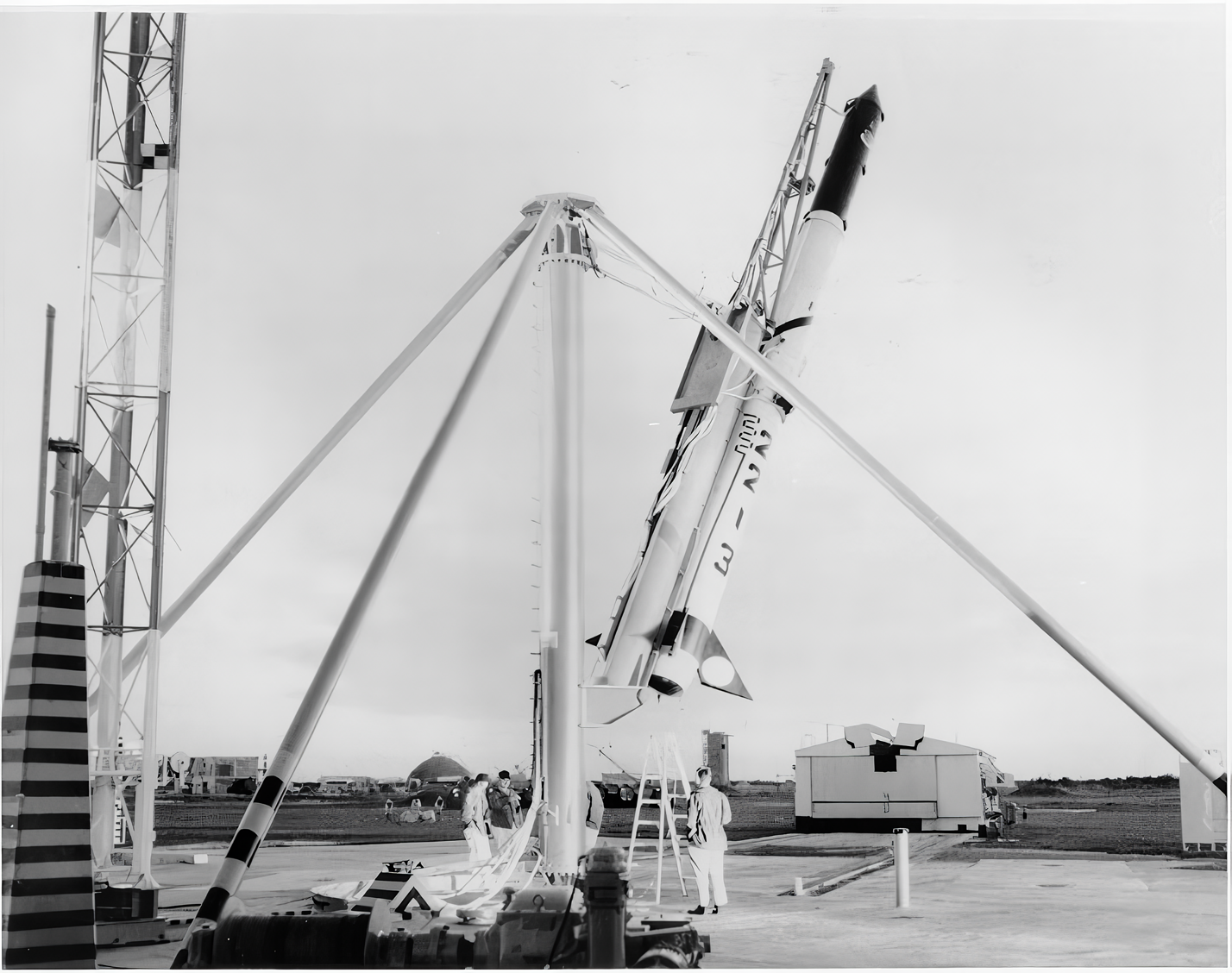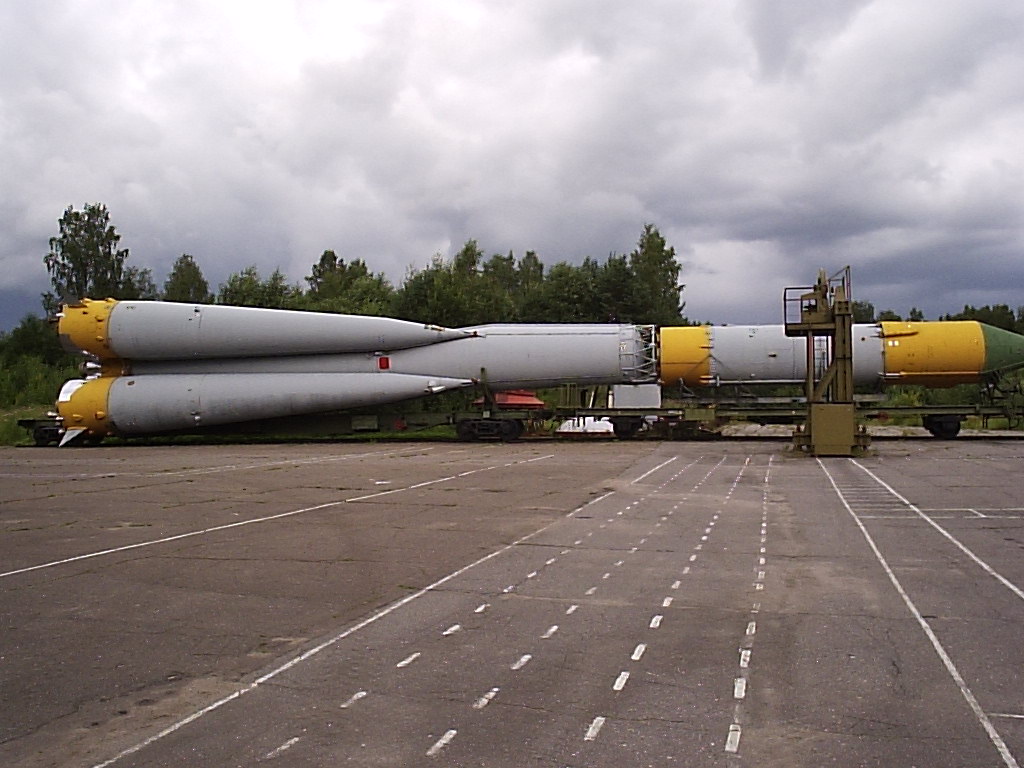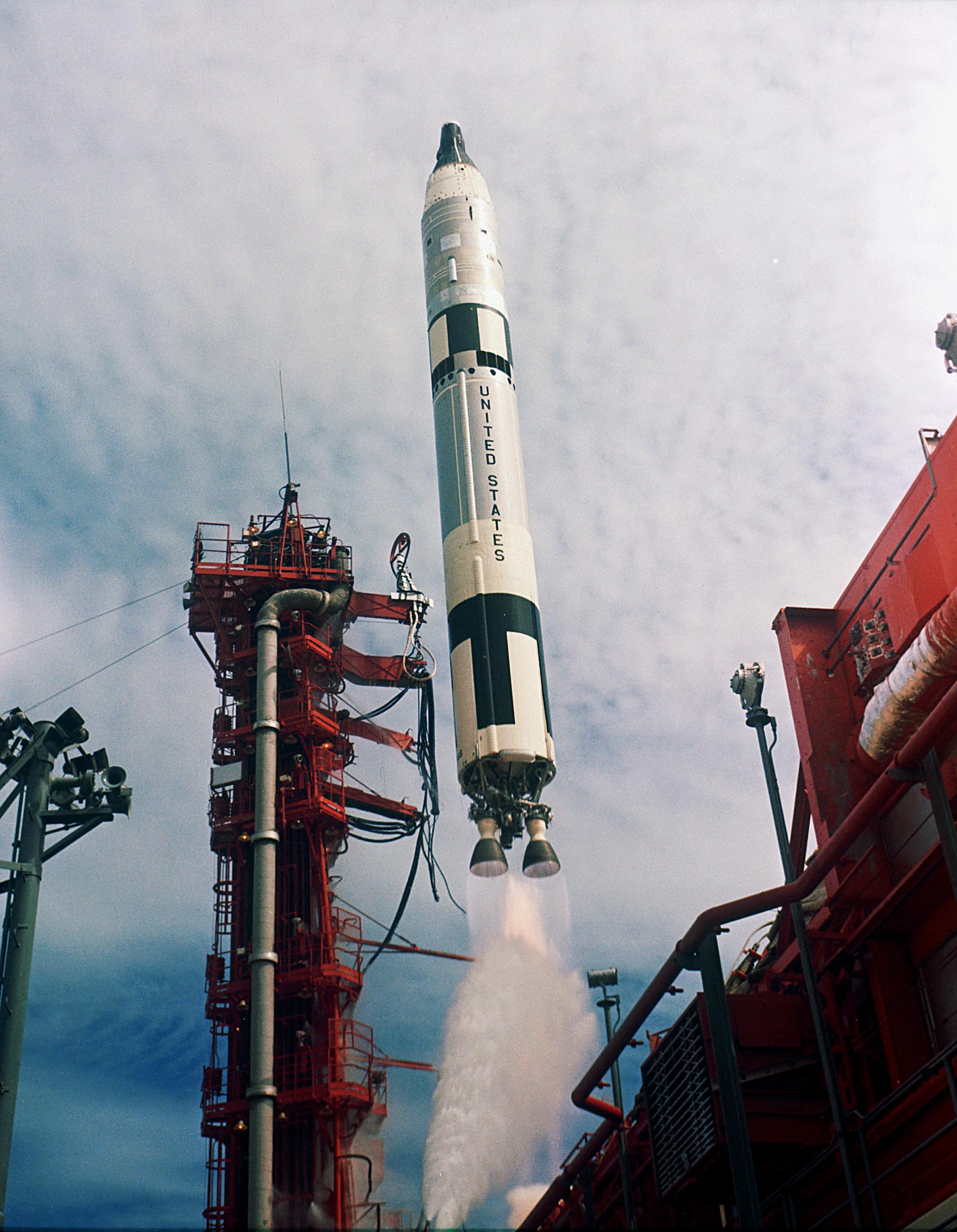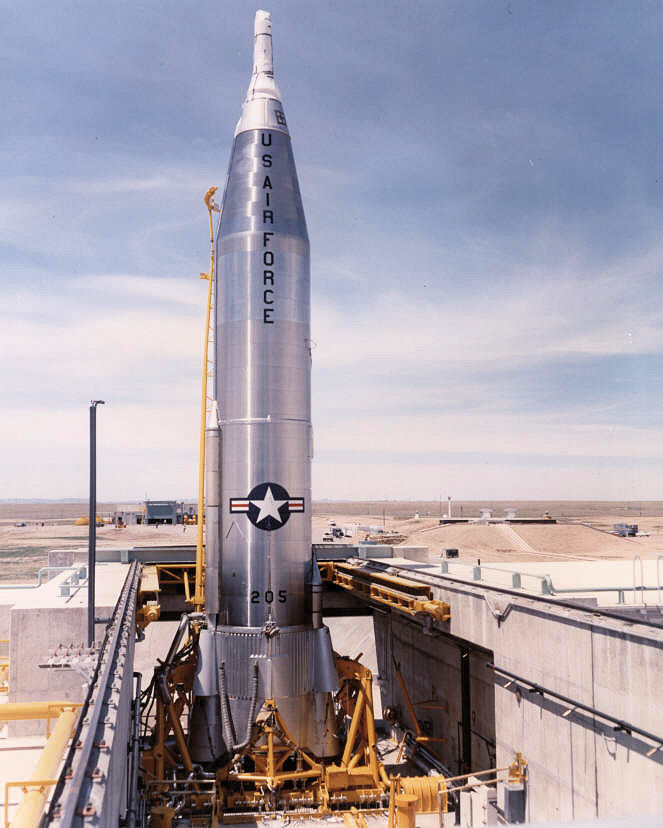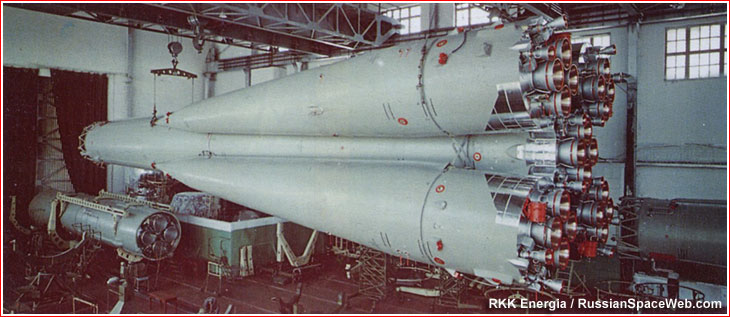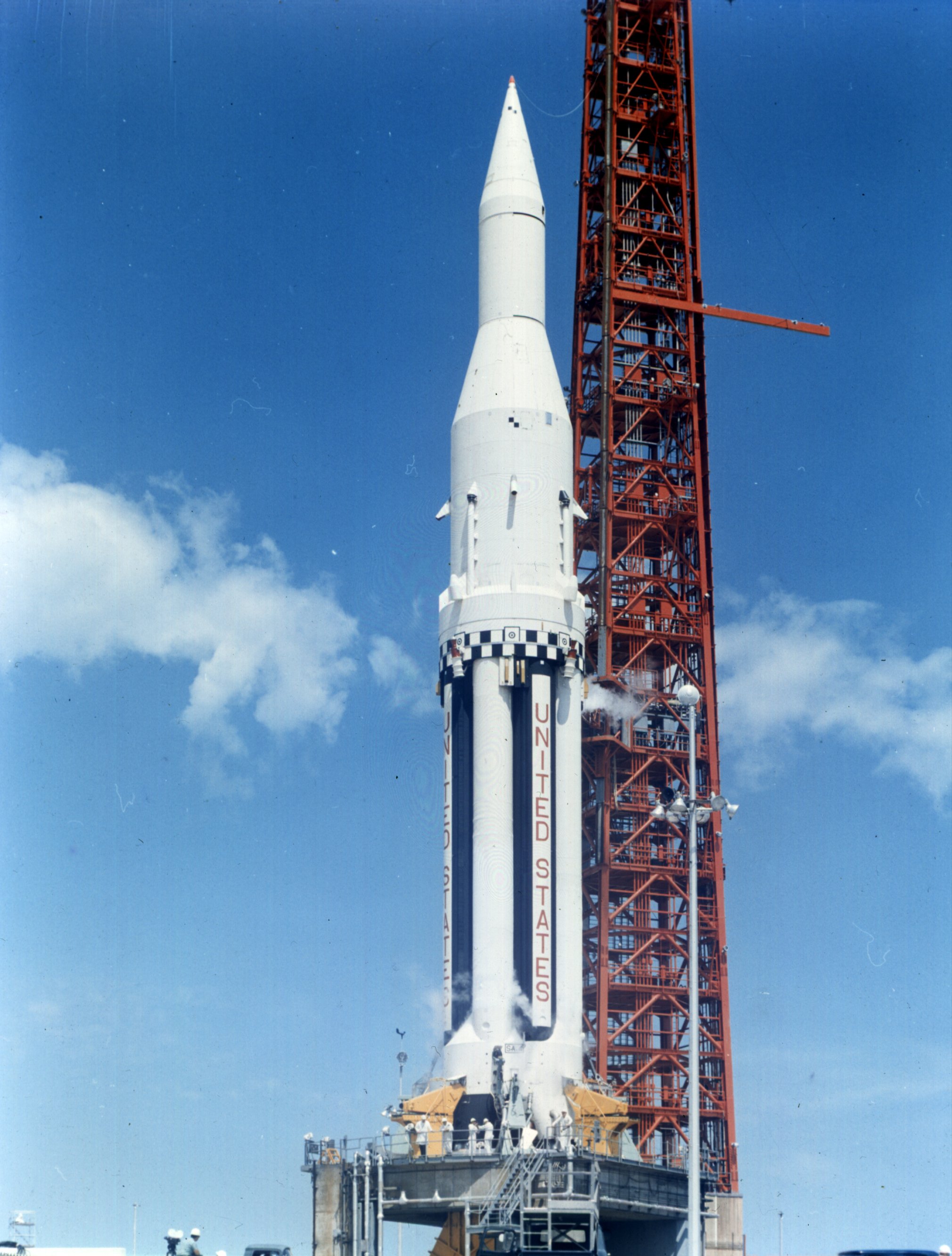Previous Spaceflight Launches
Filter by Agency, Locations or Vehicles
Show All LaunchesBlue Scout Jr | OAR 22-5
Vought | United States of AmericaCape Canaveral SFS, FL, USA
June 9, 1965, 4:26 p.m.
Molniya 8K78 | Luna-6
Strategic Rocket Forces | RussiaBaikonur Cosmodrome, Republic of Kazakhstan
June 8, 1965, 7:40 a.m.
Titan II GLV | Gemini IV
National Aeronautics and Space Administration | United States of AmericaCape Canaveral SFS, FL, USA
June 3, 1965, 3:16 p.m.
Status: Launch Successful
Mission:
Gemini 4 was the second crewed mission of the NASA's Project Gemini. The mission was commanded by Command Pilot James A. McDivitt and Pilot Edward H. White II. On the mission, White became the first American to perform a spacewalk. The mission began on June 3, 1965, 15:15:59 UTC and ended on June 7, 1965, 17:12:11 UTC.
Low Earth OrbitThor Delta C | Explorer 28
McDonnell Douglas | United States of AmericaCape Canaveral SFS, FL, USA
May 29, 1965, noon
Atlas D | OV1-3
Convair | United States of AmericaVandenberg SFB, CA, USA
May 28, 1965, 2:54 a.m.
Atlas SLV-3 Agena D | KH-7 18
Convair | United States of AmericaVandenberg SFB, CA, USA
May 27, 1965, 8:48 p.m.
Status: Launch Successful
Mission:
The Program 206 satellite, carrying the KH-7 (Keyhole 7) camera system (codenamed Gambit-1), was the first successful high resolution space reconnaissance program. It was managed by NRO's Program A, the USAF-led segment of the National Reconnaissance Program managed from Los Angeles AFB in El Segundo, California.
Sun-Synchronous OrbitVoskhod | Zenit-4 7
Soviet Space Program | RussiaBaikonur Cosmodrome, Republic of Kazakhstan
May 25, 1965, 10:50 a.m.
Saturn I | Pegasus 2
Chrysler | United States of AmericaCape Canaveral SFS, FL, USA
May 25, 1965, 7:35 a.m.
Atlas D | FIRE 2
Convair | United States of AmericaCape Canaveral SFS, FL, USA
May 22, 1965, 9:55 p.m.
Status: Launch Successful
Mission:
FIRE (Flight Investigation of Re-Entry) was a high-speed reentry heat research program to obtain data on materials, heating rates, and radio signal attenuation on spacecraft reentering the atmosphere at speeds of about 24,500 miles per hour.
SuborbitalThor Burner 1 | OPS 8386
McDonnell Douglas | United States of AmericaVandenberg SFB, CA, USA
May 20, 1965, 4:30 p.m.
